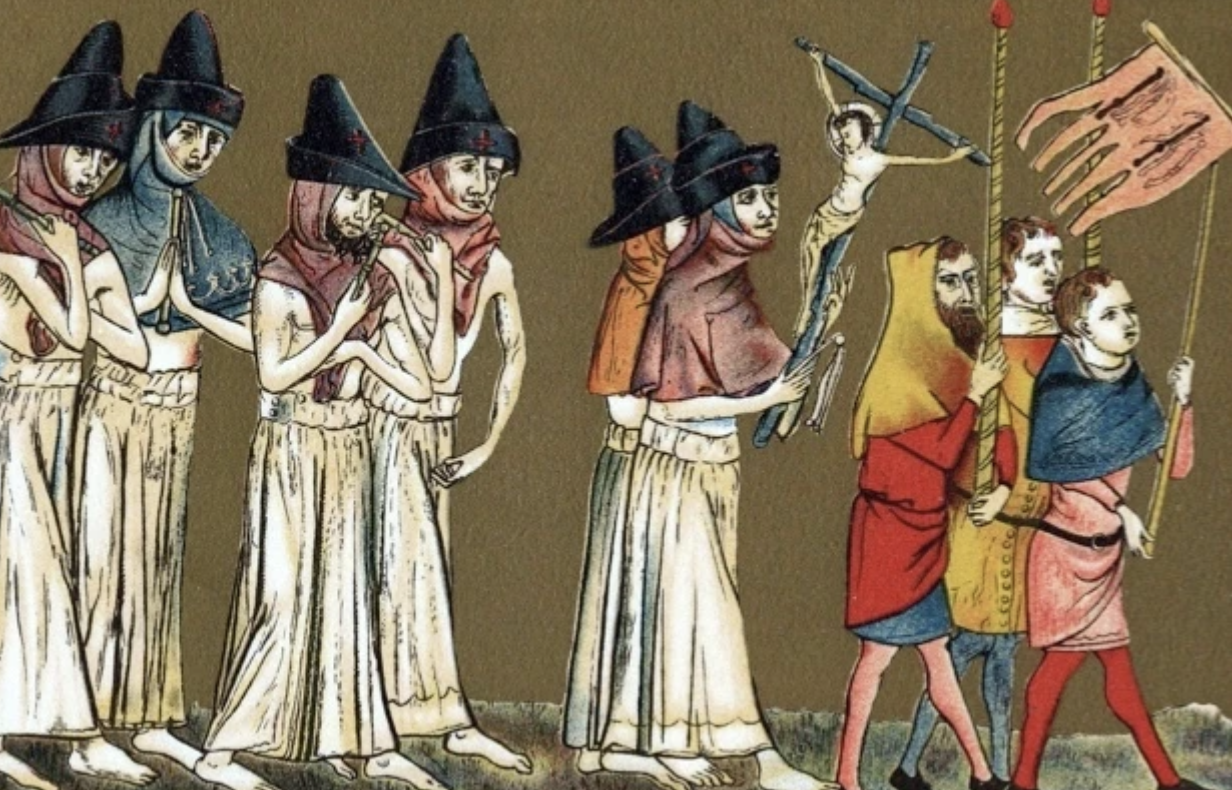
Posted by Catherine Rider
19 November 2014A couple of weeks ago I received an email from the BBC History Magazine website asking me if I’d be willing to draw up a quiz for their Medieval Week. The brief was to come up with ten multiple-choice questions about the Middle Ages, relating to political, social, economic and cultural history. I said yes and you can see the results here.
The exercise got me thinking about what the general public (or the sector of it that does quizzes on the BBC History Magazine website) knows about the Middle Ages. I wanted the questions to be a challenge but also fun, and not so obscure that no one would have a hope of answering them. As part of the research I looked at the same website’s quiz on the six wives of Henry VIII and found that the level of the questions was pitched pretty high. Since the Middle Ages don’t yet have quite such a high profile in popular histories, documentaries and so on, I decided to focus mainly on areas which an educated member of the general public with an interest in history might be likely to come across while reading, watching TV documentaries, or visiting historic sites. I therefore focused some questions on major, well-known events like the Crusades and the Black Death. The Wars of the Roses got a question because of the publicity generated by the TV series The White Queen last year, and because of my own specialism I couldn’t resist making it a question about witchcraft. A few questions mentioned famous medieval buildings, like Westminster Abbey. The social and cultural questions were harder, but in the end I devised one on the legend of King Arthur. Finally I included a couple of questions which were more difficult, but where the answers might provoke some surprise and interest by telling people something about daily life in the Middle Ages. One was a question about what you needed to get married legally in the Middle Ages (did you need a priest? a ring? vows?). Another was a question about what was, and wasn’t, mentioned in Magna Carta. Since Magna Carta has some highly obscure clauses (such as regulating fish weirs on the River Thames) alongside the more famous ones which sought to limit the king’s powers, I reasoned that people might be interested in what else it contained. All in all it was a fun exercise that made me think about which medieval events and figures attract a high profile, and why.